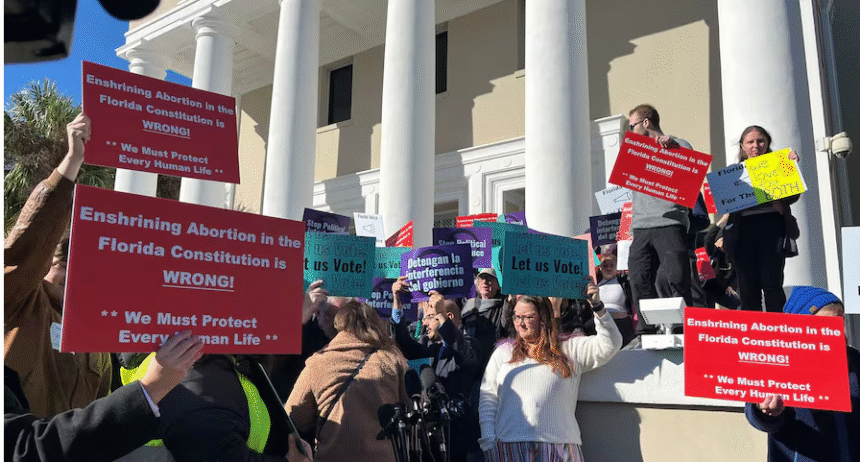In Florida, a new amendment petition law has sparked significant controversy, prompting a legal battle that could reshape the state’s initiative process. Plaintiffs argue that certain provisions of the law are intentionally designed to restrict or “squash” the ability of citizens to submit and gather signatures for proposed amendments.
This law, recently enacted by state lawmakers, aims to modify the rules around how citizen initiatives can be developed and presented for voter approval. While supporters claim it is intended to streamline the process and prevent fraudulent activities, critics contend that it disproportionately burdens grassroots efforts and undermines democratic participation.
A judge is currently weighing whether to block the law entirely or allow it to stand. The legal challenge hinges on questions about whether the law infringes on constitutional rights to initiative and free speech, or if it serves a legitimate state interest in maintaining electoral integrity.
The plaintiffs assert that parts of the law make it significantly harder for citizens to put measures on the ballot—such as increasing signature thresholds or imposing stricter verification processes—effectively hampering direct democracy. They argue that these provisions target the initiative process specifically to reduce voter-backed reforms.
As this legal case unfolds, the outcome could have far-reaching implications. If the law is struck down, it would reaffirm the importance of accessible and fair processes for citizen-led initiatives. Conversely, if upheld, it could signal a shift toward tighter regulation of ballot efforts in Florida.
This unfolding story highlights ongoing debates about how best to balance electoral integrity with accessible democratic participation. As residents, activists, and policymakers watch closely, the decision will undoubtedly influence the future of direct democracy in Florida.
Stay tuned for updates on this case and what it could mean for citizen-led initiatives across the state.


Leave a Reply